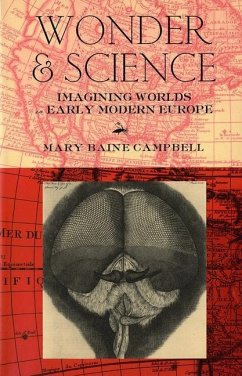Why is it that a text, particularly a canonical text, is often said to contain a meaning different from what it literally says? How did allegorical readings arise and develop? By looking at such examples as Jewish and Christian interpretations of the Song of Songs and traditional Chinese commentaries on the Confucian classic Book of Poetry, Zhang Longxi discusses allegorical readings from a broad perspective that bridges the usual East/West cultural divide and examines their social and political implications. His approach is wide-ranging, cross-cultural, and cross-disciplinary, exploring allegoresis with regard to religion, philosophy, and literature. In his inquiry into allegory and allegorical interpretation, Zhang examines the idea of a self-explanatory text of the Bible as conceived by Augustine, Aquinas, and Luther; discusses the importance of the literal basis of textual interpretation; and takes up the question of moral responsibility and political allegiance. Zhang, who regards utopia as an allegory of social and political ideas, explores how utopian visions vary in their Chinese and Western expressions, in the process commenting on contemporary literary theory and political readings of literature past and present.
Dieser Download kann aus rechtlichen Gründen nur mit Rechnungsadresse in A, D ausgeliefert werden.









